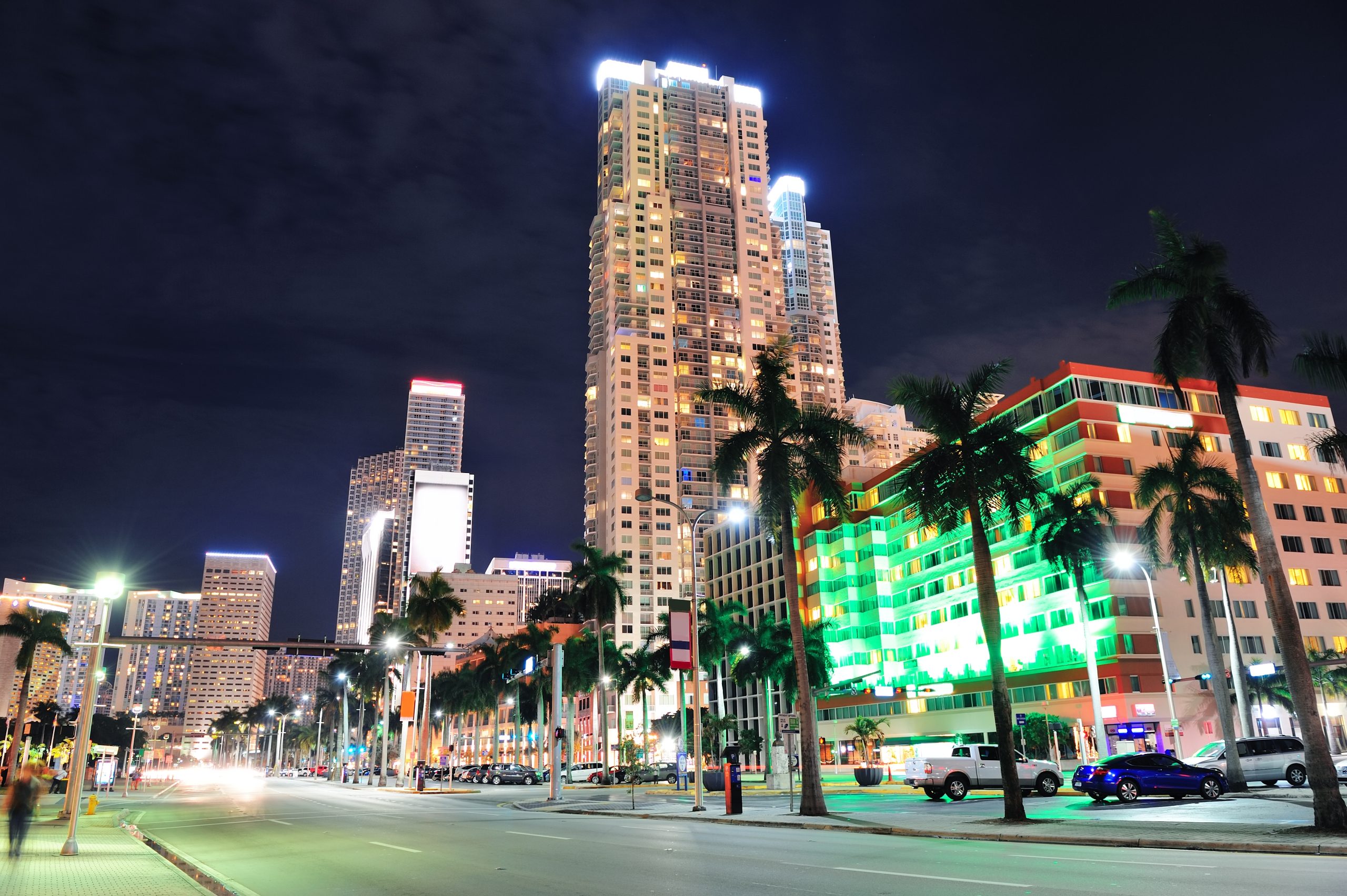The Good, the Bad, And The Ugly: Hotels vs Resorts

Selecting the proper hotel may make or break a vacation in the travel industry. While hotels have always been the housing of choice for the majority of travelers, resorts have gained appeal in recent years. All options offer advantages and disadvantages that must be evaluated prior to making a choice. This essay will examine the positive, negative, and ugly aspects of resorts and hotels.
There are numerous lodging options available to travelers, but resorts and hotels are two of the most common. While both provide accommodations for travelers, they are distinct. Some individuals favor the opulence of a resort over the ease and affordability of a hotel. This article will compare the pros and cons of resorts and hotels to assist you in making an informed decision.
Resort:
A resort is a facility that offers a hotel, food, and a variety of recreational services, typically in a picturesque setting. Spas, golf courses, and swimming pools are typical resort amenities. They are designed to provide guests with a complete vacation experience without requiring them to leave the property.
Hotel:
Hotels are types of lodging establishments that give customers a place to sleep in addition to traditional amenities such as access to wireless internet, room service, and concierge services. Hotels also typically have other services to offer, such as business centers and meeting spaces. These can be found in the vast majority of cities and towns all over the world, and the prices for them can range anywhere from extremely low to very high.
Let’s explore The Good, The Bad, And The Ugly when staying at a Resort.

- The range of available amenities is one of the most significant advantages of resort vacations. Resorts have spas, swimming pools, golf courses, tennis courts, and other recreational features not often seen in hotels.
- Several resorts offer all-inclusive packages that include food, drinks, and activities. This could be a great way to save money and avoid unpleasant surprises.
- Frequently, resorts are situated in secluded areas, affording more privacy and exclusivity. This is particularly enticing for couples and families seeking a vacation away from the masses.
- Resorts typically offer more activities than hotels, making them an ideal option for busy families and groups. There is always something to do, including water sports and cultural activities.
- Frequently, resorts are situated in picturesque regions, such as beaches or mountains. This might offer a stunning backdrop for your vacation and enhance the overall experience.
- The expense is one of the key downsides of resort stays. Often, resorts are more expensive than hotels, especially when all-inclusive packages or upscale amenities are selected.
- While resorts are intended to provide a holistic vacation experience, they frequently lack ties to the local culture and community. If you wish to immerse yourself in the local culture, a resort may not be your best option.
- In addition to offering a range of activities and services, resorts can be busy, especially during peak season. This can make it tough to relax and enjoy your holiday.
- Although many resorts offer all-inclusive packages, meal options may be limited. This can be problematic for those with dietary restrictions or those who wish to sample the local cuisine.
- While resorts are intended to provide an all-inclusive holiday, you may have less freedom to explore the surrounding area or organize your own activities.
Let’s explore The Good, The Bad, And The Ugly when staying at a Hotel

- One of the main advantages of staying in a hotel is that it is often less expensive than staying at a resort. This is a wonderful option for vacationers on a budget.
- Hotels may be found throughout the majority of the world’s cities and villages, offering you more location options. This is particularly important when traveling for work or visiting a certain region.
- In terms of scheduling your own activities and seeing the surrounding area, hotels offer more flexibility than resorts. You have the choice of eating at local restaurants or independently touring the city.
- Hotels are typically more convenient for business trips since they offer facilities like meeting rooms and business centers.
- Hotels are typically located in the central business district of a city, making it convenient for visitors to get out and see the sights and experience the culture.
- Hotels typically provide fewer amenities than resorts, meaning you may miss out on spa services and water sports.
- Hotels rarely provide all-inclusive rates, so you will have to pay separately for meals, beverages, and activities.
- Because hotels are occasionally situated in congested areas, they may offer less privacy than resorts.
- Hotels often provide fewer activities than resorts, which might be troublesome when traveling with a family or seeking activities.
- Public areas of hotels, such as lobbies and restaurants, are often crowded, making it harder to relax and enjoy your vacation.
Now Let’s dive into a comparative analysis of resorts and hotels.
There are numerous factors to consider when comparing hotels and resorts. Resorts are typically more costly, but they offer more amenities and activities. Hotels are cheaper and offer more location options, but they offer fewer facilities and activities. The choice between a resort and a hotel ultimately depends on your preferences, money, and travel objectives. See the available amenities and activities at each location, as well as feedback from past guests. It’s crucial to consider all of the repercussions of your options before settling on one.
Finally, resorts and hotels offer a variety of experiences for travelers. Resorts offer a complete vacation experience, but they can be expensive and lack cultural immersion. Hotels, on the other hand, offer more affordable options and superior locations, although having fewer amenities and activities. The choice between a resort and a hotel is ultimately determined by your preferences, budget, and travel goals. Do your research, think things through, and weigh all of your possibilities before making a decision.

To finish, we’ve provided a few FAQ’s to help with your decision.
Are resorts always more expensive than hotels?
- False, not always. While resorts are typically the most expensive option, there are more cheap alternatives available. Prior to making a decision, it is essential to conduct research and compare prices.
Are hotels typically less opulent than resorts?
- On average, hotels offer fewer amenities than resorts. Some hotels, however, provide luxurious amenities such as spas and fitness centers.
Can I become immersed in the local culture while vacationing at a resort?
- That depends on the resort. Some resorts incorporate cultural events and ties to the local community, while others are more focused on providing a comprehensive vacation experience.
Is it feasible to enjoy a tranquil vacation at a crowded resort?
- It may be more difficult, but a pleasant vacation at a crowded resort is still possible. Consider visiting in a more rural area or at a more peaceful time of day.
Can I still enjoy myself at a hotel with few activities?
- Yes, you may have a pleasant trip even if your hotel offers few activities. Consider exploring the surrounding area or visiting attractions in the vicinity.


